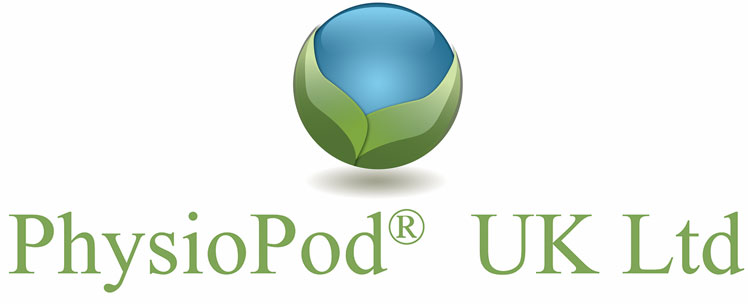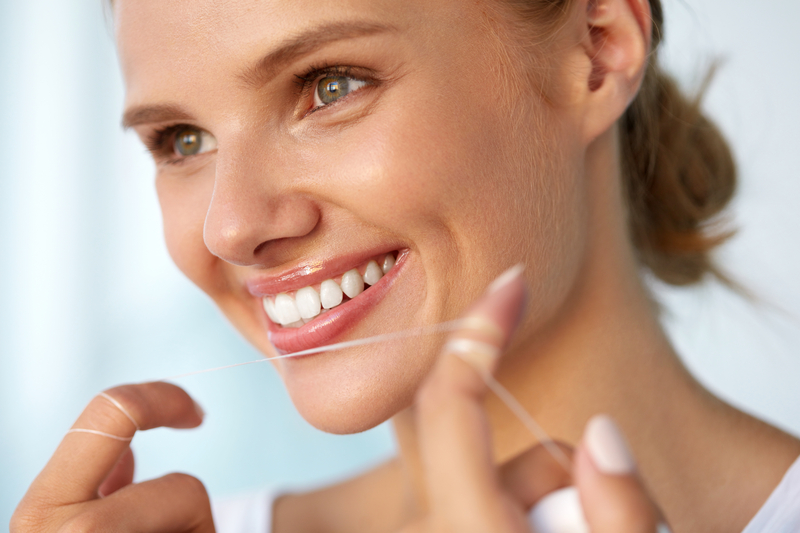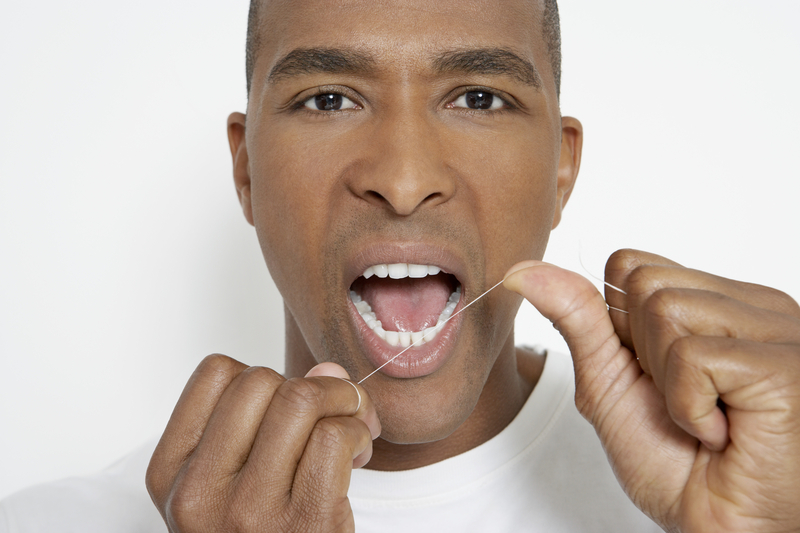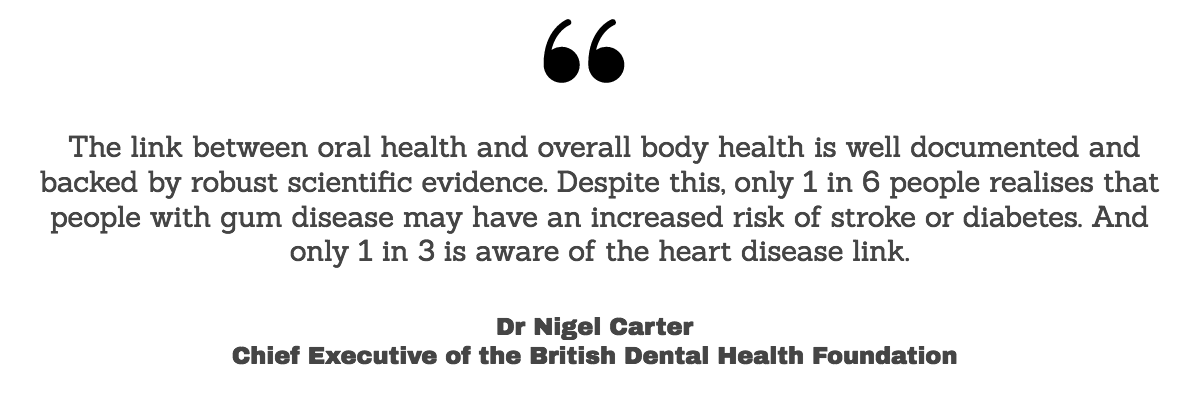The Importance of Oral Hygiene - by Katie Barr, Dental Nurse
Within our Lymphoedema Awareness Week campaign, Christine Talbot and Gaynor Leech have mentioned the importance of oral hygiene in self care of head and neck Lymphoedema,
Katie Barr was delighted to offer this further valuable information. In her role as a Dental Nurse, Katie educates patients in the care of their teeth, provides treatments to prevent oral problems and offers dietary advice for oral hygiene.
Interdental Cleaning
Your toothbrush, whether it’s electric or manual, only cleans the visible surfaces of the teeth – front, back and on top. Cleaning interdentally (in between the teeth) is just as important, to remove any plaque and bacteria gathering here.
Plaque is made from a film of bacteria and if left undisturbed, can lead to gum inflammation (gingivitis), tooth decay as well as bad breath. Therefore, it is recommended that you interdental aid – floss/TePe brush – 2 x daily, as gingivitis can develop into gum disease and tooth loss, if left without efficient cleaning or treatment.
TePe® Brushes
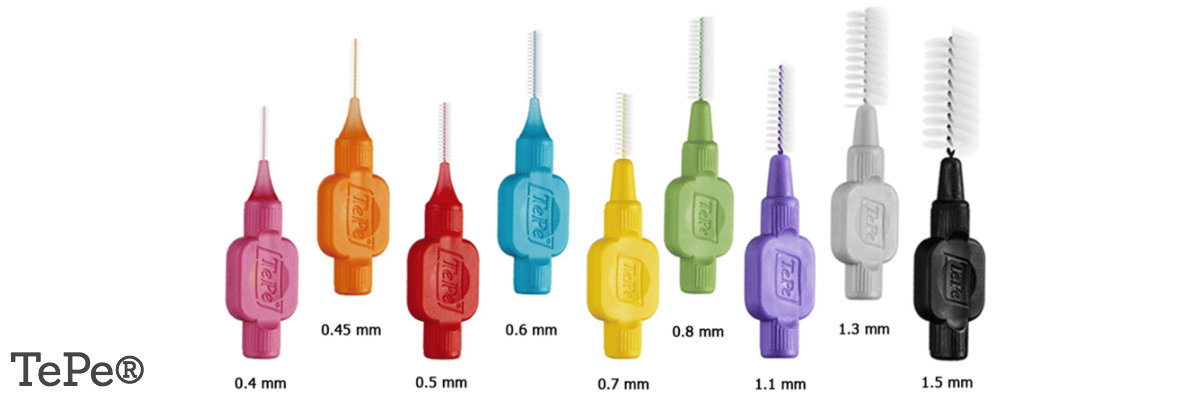
The interdental aid most recommended for this task is the TePe® Brush. This is because of their easy use as well as their effective cleaning. The brushes come in a variety of sizes, which are identified by their colour.
They require little technique, you place the brush at the papilla between two teeth and push in and out, ensuring the bristles of the brush clean down to the gum line and remove any plaque build up here.
Once the right sizes are identified, this tool is very quick to use, as you don’t need to concentrate on using the correct technique. It is important though, to be using the correct size, as one too small will not remove all of the plaque and bacteria collecting on the interdental surfaces.
Flossing
Floss is the second most used interdental aid. This tool is more technique specific, but if performed correctly, it can be just as effective as the TePe brushes.
You need a length of floss to ease down the interdental space, you then need to curve it around each side of the tooth to remove the plaque biofilm gathering there. Floss isn’t effective if it’s just pulled down between the teeth, it has to hug the sides of the teeth.
Therefore with this aid, some can be using it and still have gum inflammation, due to the wrong technique being used. It should always be done in the mirror, so as to see and ensure teeth are being cleaned properly.
Tooth Brushing
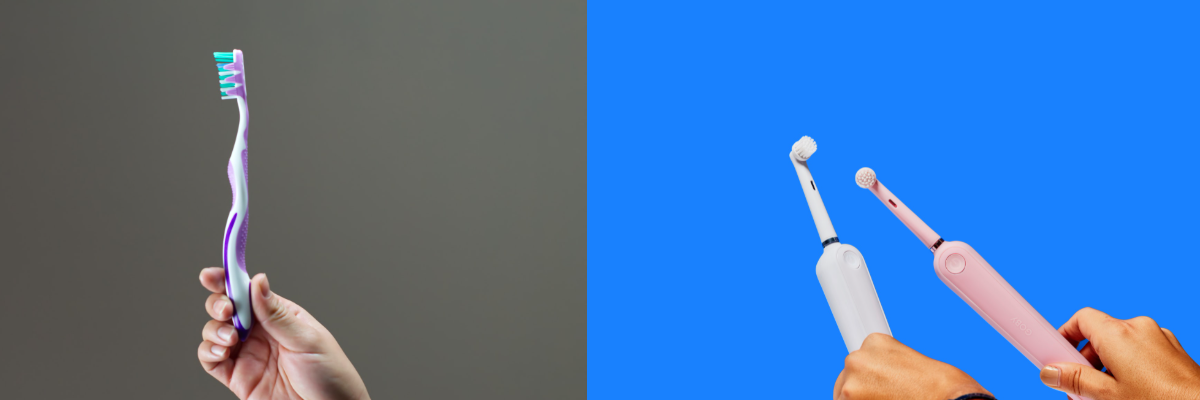
Brushing your teeth is very important, as it reaches 60% of the tooth surfaces but it doesn’t reach the interdental areas. Brushing should be done twice daily, ideally first thing in the morning/after breakfast, to remove any plaque and bacteria that has settled over night and then in the evening after the last meal of the day; so as not to leave the days accumulation resting on the teeth overnight.
There are two types of brushes typically used around the UK – the electric and the manual brush.
The manual brush is as states, when brushing, you have to manually make the recommended circular movements with the brush head to remove the plaque, whereas with the electric brush, it rotates for you, so you only have to hold the brush over each tooth.
The brush should be held at a 45 degree angle and to brush half on the tooth, half on the gum line, so as to stop the accumulation of plaque along the gum line. It’s important not to scrub the brush or press too hard on the gum as this can cause recession. Brushing should be done for 2 minutes each time – 30 seconds for each quadrant.
Fluoridated toothpaste should be used to brush your teeth, as it helps to strengthen the enamel and protect it from acid attacks caused by sugary food and drinks. By protecting the teeth from these acid attacks, it means less decay and cavities form, giving healthier teeth. Fluoride also has a remineralising effect so after any sugary food or drink has been consumed, it helps to re build the enamel before it is destroyed.
Mouthwash
Mouthwash is great for creating fresh breath and as a secondary source of the aforementioned fluoride. However, it has no role in plaque removal, so shouldn’t be used instead of brushing or interdental aids.
Mouthwash contains a smaller amount of fluoride than toothpaste, so should be used either before brushing with fluoridated toothpaste, or at a separate time to brushing i.e. after a meal, so as to give you fresh breath or if you had just eaten something very sugary/acidic, then this will help repair that enamel without having to constantly be brushing your teeth.

Certain mouthwashes such as Peroxyl are very good at reducing gum irritation – whether it’s from braces, or if you’ve bit your cheek or burnt your palate from eating something too hot.
Poor Oral Health is linked to Gum disease and other general health problems
"In the latter part of the 20th century, peer-reviewed research began to appear documenting the co-occurrences of periodontal disease and several serious medical conditions, including cardiovascular disease (CVD), stroke, diabetes, respiratory disease, and poor birth outcomes. These initial studies spurred additional investigations, and over the past 20 years many additional associations began to appear in the literature, including links with erectile dysfunction, obesity, cognitive decline, rheumatoid arthritis, and speculation that periodontal disease can increase complications of COVID-19"
Those with Gum disease are almost twice as likely to suffer from a heart condition as it’s thought any bacteria gathering in the mouth can get to the blood stream. The bacteria from the mouth creates proteins which cause blood platelets to clump together and create a clot in the vessels to the heart.
It has also been found that those with diabetes are more likely to have gum disease than those who don’t. This is because diabetics are more prone to infections in general. Those with uncontrollable diabetes or who don’t know they are a diabetic, are the most at risk of developing gum disease."
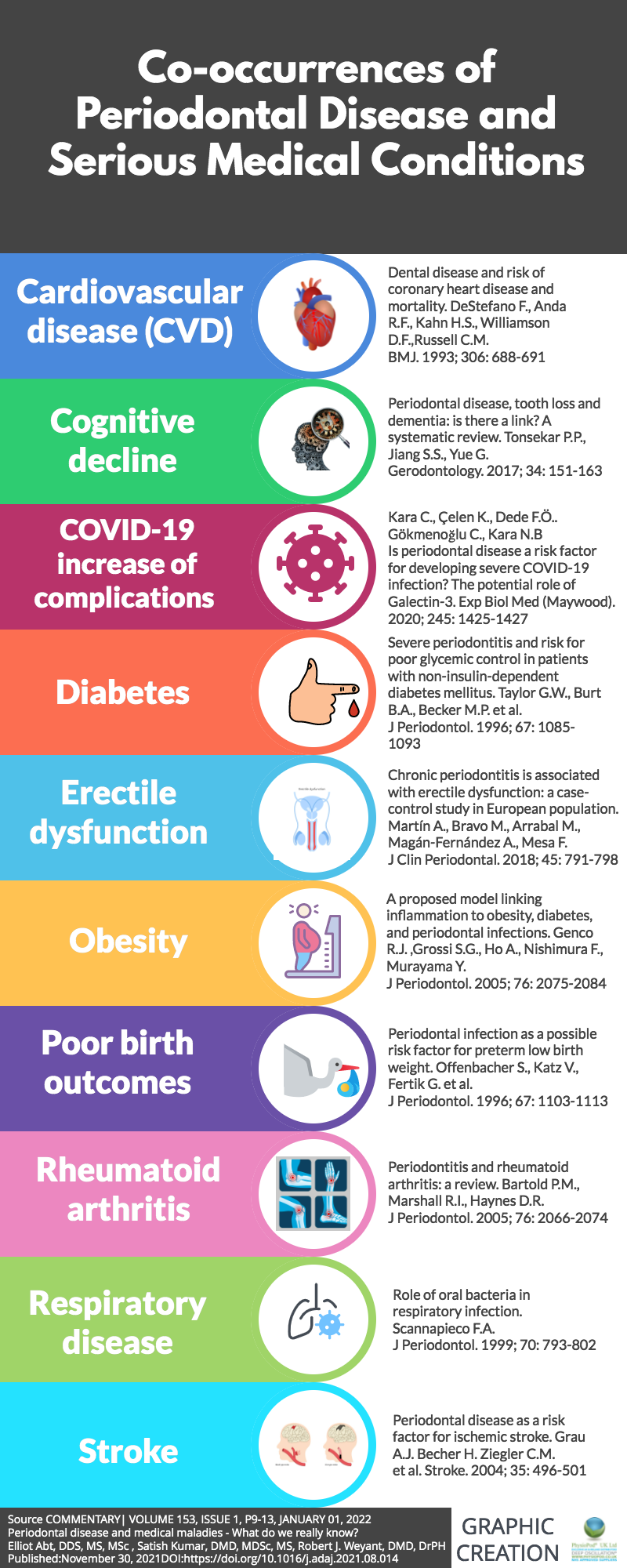
With huge thanks to Katie Barr, Dental Nurse
at Park Dental Practice, Nottingham

